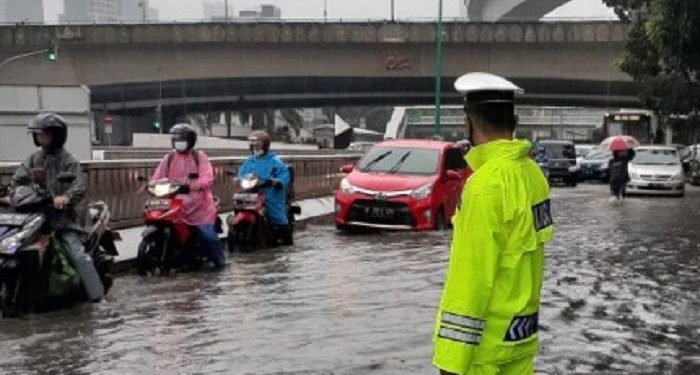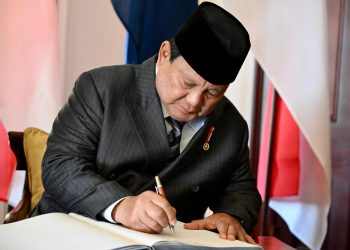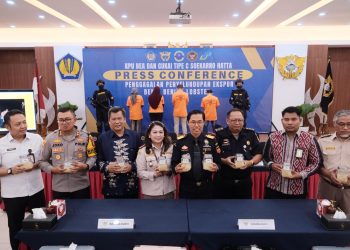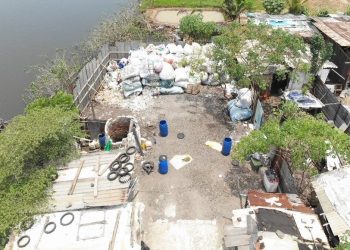Jakarta, Indonesia Sentinel — The provincial government of Jakarta, Indonesia has earmarked approximately $260,000 (IDR 4 billion) to implement weather modification initiatives aimed at mitigating the impact of heavy rainfall as the city braces for extreme weather conditions through the end of 2024. The program, designed to reduce rainfall intensity rather than stop it altogether, is scheduled in two phases, with the first phase already completed between December 7 and 9, and the second phase set for mid-December.
Jakarta’s Acting Governor, Teguh Setyabudi, emphasized the importance of proactive measures to minimize flooding risks.
“This budget is currently available under the Regional Disaster Management Agency (BPBD). We will optimize its usage as needed,” Teguh told local reporters on Tuesday.
Collaboration with Meteorological Agencies
Jakarta’s weather modification project is being carried out in collaboration with the Meteorology, Climatology, and Geophysics Agency (BMKG). BMKG forecasts indicate that Jakarta could experience severe weather events through December, necessitating preemptive measures to ensure public safety.
“Weather modification doesn’t mean stopping the rain entirely, but it can significantly reduce rainfall intensity,” Teguh explained.
In addition to the funds allocated by the BPBD, the Jakarta administration has prepared contingency funds categorized as unexpected expenditures (BTT) for emergency use. However, accessing these funds requires the declaration of an official emergency status.
“We are also coordinating with the National Disaster Management Agency (BNPB) and BMKG to assess potential additional costs that might be required for contingency funds,” Teguh added.
Preventative Infrastructure and Coordination
Beyond weather modification, Jakarta has ramped up its flood preparedness by conducting disaster readiness drills and ensuring that flood mitigation infrastructure, such as drainage systems and water retention facilities, are fully operational.
Teguh urged various agencies, including the Public Works Department, Social Services, and Health Services, to maintain close coordination and address vulnerable flood-prone areas.
“We need to continuously monitor data and identify critical points to ensure timely interventions,” Teguh stated.
High Stakes as Rainfall Peaks
The initiative comes after an earlier announcement on December 5, when Teguh outlined the necessity of weather modification during a flood mitigation coordination meeting. At the time, BMKG projections signaled potential heavy rains between December 6 and 9, prompting immediate action.
“After reviewing BMKG’s presentation, weather modification emerged as a crucial measure to address this situation,” Teguh said.
Jakarta’s dense population and sprawling urban landscape make it particularly susceptible to flooding during Indonesia’s rainy season, which typically peaks in December and January. Extreme weather has historically caused significant disruption to the city’s infrastructure and economy.
Death Toll Rises as Floods and Landslide Disasters Ravage Sukabumi Regency, Indonesia
A Coordinated Effort to Tackle Flood Risks
Teguh has called on all relevant agencies to act swiftly and decisively, with BPBD serving as the central coordinating body. “We need to prepare manpower, infrastructure, and accurate data to monitor high-risk zones effectively,” he emphasized.
Additionally, the provincial government is exploring ways to bolster coordination with national agencies and leverage technological advancements for better disaster response.
As Jakarta faces mounting challenges from climate change, the city’s innovative use of weather modification technology highlights a growing global trend of employing advanced scientific methods to tackle natural disasters.
(Becky)


























